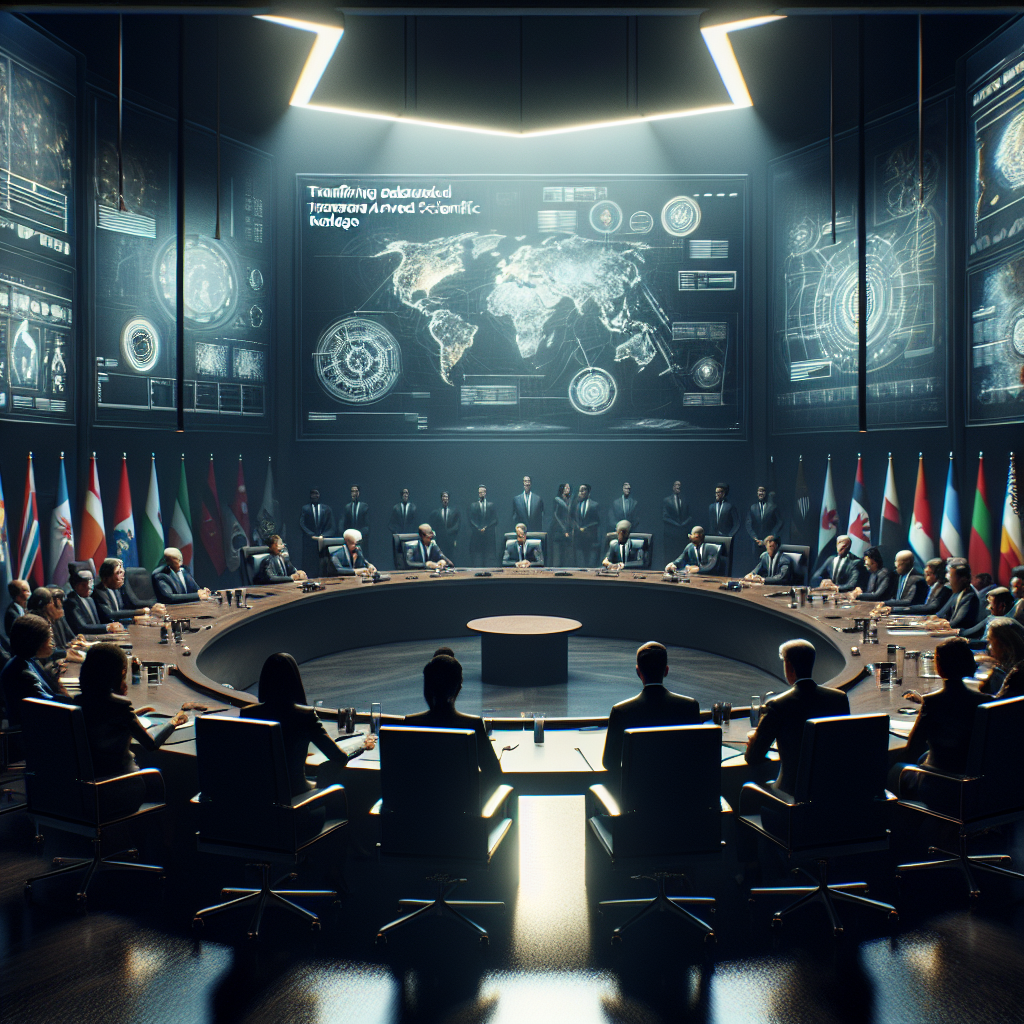U.S. Revives Talks With Saudi Arabia on Transfer of Nuclear Technology
Introduction
In recent developments, the United States has rekindled discussions with Saudi Arabia over the transfer of nuclear technology. These talks mark a significant pivot in international relations, underpinning the crucial role nuclear technology plays in global politics. This blog aims to delve into the implications of these discussions, shedding light on their historical roots, the current geopolitical landscape, and what potential outcomes might emerge from these negotiations.
Historical Context of U.S.-Saudi Relations
The partnership between the U.S. and Saudi Arabia has long stood as a pillar of American foreign policy in the Middle East. This relationship has weathered various geopolitical storms, from the oil embargo of the 1970s to the military cooperation during the Gulf War. However, the ties suffered a considerable strain following the 9/11 attacks, which implicated several Saudi nationals. Despite this, the countries have maintained a mutually beneficial relationship, centered on oil trade and strategic military alliances.
Nuclear Technology in the Middle East
The Middle East’s nuclear landscape is a complex web of existing and emerging capabilities. Nuclear technology offers the potential for energy independence but also raises the specter of nuclear proliferation. The region is subject to agreements like the Nuclear Non-Proliferation Treaty (NPT), which aims to discourage the spread of nuclear weapons while promoting peaceful nuclear energy. Iran’s nuclear program has been a contentious issue, escalating tensions and sparking global diplomatic efforts to curb its ambitions. Within this volatile context, Saudi Arabia’s interest in developing a civil nuclear industry could reshape regional power dynamics.
Implications for Global Nuclear Policy
Renewed dialogues between the U.S. and Saudi Arabia could precipitate significant shifts in global nuclear policy. These talks may lead to a Section 123 Agreement under the U.S. Atomic Energy Act, aligning Saudi nuclear projects with international standards of safety and nonproliferation. However, there are valid concerns that these engagements might trigger a nuclear arms race in the Middle East. The international community, including the UN and various nations, is watching closely, as any progress could redefine global approaches to nuclear technology and proliferation.
Strategic Interests of the U.S. and Saudi Arabia
From Saudi Arabia’s perspective, acquiring nuclear technology is not just a means to diversify its energy portfolio but also a strategic move to bolster national security. As the kingdom seeks to lessen its dependency on oil, nuclear energy presents a viable alternative. For the United States, maintaining influence in the region is paramount. By facilitating nuclear cooperation, the U.S. ensures its pivotal role in the region’s development while keeping Saudi ambitions in check with global non-proliferation regimes.
Potential Diplomatic Outcomes
Negotiations between the U.S. and Saudi Arabia could unfold in various ways. Successful talks might lead to a robust framework for collaboration, enhancing diplomatic ties and regional stability. Conversely, if talks falter, the implications could strain U.S. relations with other Middle Eastern nations wary of Saudi ambitions. This scenario could also push Saudi Arabia to seek partnerships outside traditional Western allies, complicating the geopolitical landscape. Thus, the outcomes of these discussions will either pave the way for deeper cooperation or heightened tension.
Conclusion
The revival of U.S.-Saudi talks over nuclear technology transfer is a development with far-reaching implications, reflecting historical complexities and current geopolitical realities. These discussions hold the potential to redefine power structures and influence diplomatic engagements across the globe. Keeping abreast of these developments is crucial for anyone interested in the geopolitical dynamics of nuclear policy. As the negotiations unfold, they stand as a testament to the intricate balance of power, ambition, and diplomacy that has long characterized international relations.





